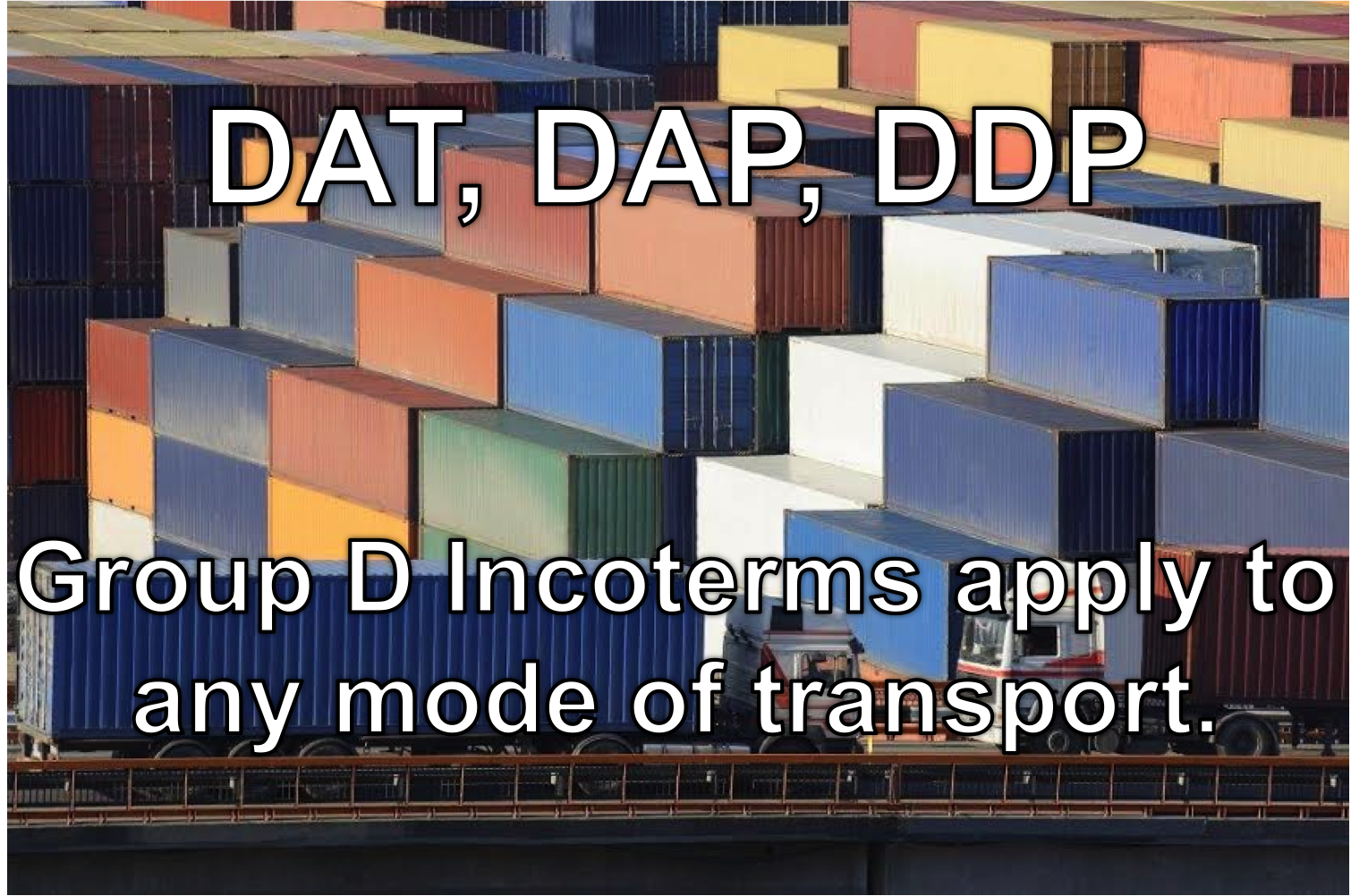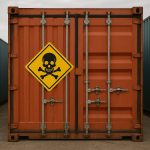Watch Out! Chinese Exporters Attempting to Skirt Tariffs with Fraud, Making U.S. Importers Complicit
Warning: there are tempting deals offered to importers right now that might look good for businesses’ bottom lines but could result in serious legal trouble.
The Trump Administration’s tariffs are having a profound effect on China’s economy. Last week, we talked about Chinese manufacturers having to reduce or pause operations as some U.S. shippers frontloaded imports to now wait and see how the trade war plays out while others are moving their sourcing to domestic or other countries’ manufacturing. Some Chinese companies are attempting to keep American businesses sourcing from them with a seemingly attractive strategy.

But don’t be fooled, shippers. The strategy is fraud.
If you or your business gets pulled into one of these attractive deals with a Chinese manufacturer, you would be complicit and could face serious legal consequences.
The Shiny Deal
Here’s what to watch out for.
A Chinese manufacturer offers to pay the tariffs on your imports. Not some of the tariffs. Not half of the tariffs. All of the tariffs.
There should be warning sirens going off in your head because the deal is too good to be true. The Chinese manufacturer isn’t asking for a big jump in the price for the goods. In fact, the total you’re to pay is less, possibly much less, than the cost of the 145% tariffs alone that should be paid on the goods.
The Chinese manufacturers are able to do this because they plan to majorly undervalue the goods in their customs declarations.
Yes, customs undervaluation is a crime. The Chinese manufacturers engaging in it are likely banking on the U.S. government having trouble prosecuting them because they’re a foreign entity. The Chinese government certainly isn’t likely to help federal prosecutors. But those prosecutors will go after you.
Joe Miller wrote in a Financial Times article about Chinese exporters undervaluing cargo to skirt tariffs:
“This is nothing but a tariff dodge,” said Dan Harris, a US lawyer who works with companies that source goods from China. While federal prosecutors would go after US companies colluding in the practice, “there is not much that [they] can do” to pursue Chinese counterparts, Harris added.
Incoterm to Make it Work
Critics of the Trump Administration’s tariffs often point out that those tariffs are paid by U.S. importers, not exporters from China or whatever other country to which a new tariff hike applies. Well, that’s not necessarily so.
While it is true that importers often are the ones who pay custom fees like tariffs on cargo at their destination country’s ports, who’s responsible for the cost of transporting, insuring, and even paying customs or tariffs, and at what points in the cargo’s journey, depends on the type of international shipping deals in place. Those deals are defined by incoterms.
Among the most popular incoterm deals are FOB, FCA, and EXW. In all three of these options, the buyer (importer) is responsible for the customs fees at the destination country. The incoterm Miller points out in his Financial Times article that Chinese manufacturers (sellers) are using to pay the tariffs in these deals where they’re undervaluing the cargo is DDP:

The Financial Times reviewed offers by Chinese chemicals and packaging suppliers to send goods to small US companies with “delivery duties paid” — a process known as DDP that allows the exporter to cover tariffs.
The suppliers said the process would enable them to drastically reduce the cost of tariffs because they would deliberately undervalue the goods sent, or alter their descriptions to lessen the duties owed.
“We see more instances of factories in China offering to pay the customs duties for companies, and then sell them the merchandise in the US at prices below what the duties should be,” said Ryan Petersen, chief executive of logistics platform Flexport.
Often, businesspeople who are new to international shipping like DDP deals. All the importer has to worry about with this kind of deal is unloading the goods at the final destination. The seller takes on all the risks and costs of transport, including export fees, carriage, insurance, destination port charges, and delivery to the final destination. Most pertinent to today’s conversation is the seller pays any import customs/duty, which includes tariffs.
More experienced importers often prefer deals where they take on more of these risks and costs, even to the point of an ExWorks (EXW) deal on the opposite end of the spectrum where everything falls upon the importer, in order to have more control over the process and know the seller isn’t skipping out on cargo insurance, utilizing less reliable transportation options to save money, or misdeclaring or undervaluing cargo, all of which could cause significant problems for the importer.
Just because a manufacturer in China is offering a DDP deal, it doesn’t necessarily mean the exporter is trying to dodge tariffs by undervaluing the cargo. However, shippers should be very wary of such deals offered right now. There’s a very high chance that’s exactly what’s happening.
Conclusion
One should always be careful about deals that seem too good to be true, but shippers should be especially careful about such deals involving imports from China right now. The Trump Administration has extra incentive to go after shippers implicit in fraudulent cargo shipping from China to the U.S. that undercut tariffs.
Beware DDP deals from Chinese manufacturers and be aware that if you’re paying less to import goods than what the tariff fees on that cargo should be, something is fishy.





